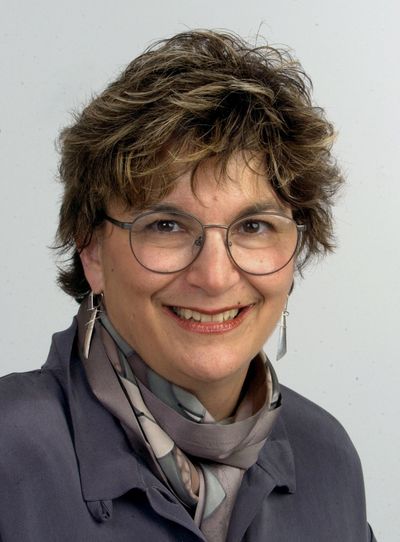‘We’re just going to be back to the dark ages,’ Spokane OB-GYN at center of 1980’s abortion controversy warns of Roe reversal

Retired OB-GYN Stacie Bering remembers what life was like before Roe v. Wade became the law of the land, and she doesn’t want to go back.
“We’re just going to be back to the dark ages,” Bering said.
Bering learned to perform abortions at the Baylor College of Medicine in Houston, in a state that now has a near-total ban on abortions and allows private citizens to sue abortion providers and anyone who “aids or abets” a woman getting the procedure.
She remembers a patient in Houston who went to Mexico to get her abortion because it was cheaper, despite the procedure being legal in Texas at the time.
The procedure was botched, leaving the woman with a terrible infection, claiming her reproductive organs, Bering said. The patient “escaped with her life, which was wonderful, because it was sort of touch-and-go.”
That’s the situation many more women will find themselves in now that the Supreme Court overturned Roe v. Wade, Bering said.
“People, women, aren’t going to stop wanting or needing abortions,” Bering said.
When Roe v. Wade legalized abortion nationwide, Bering, then a medical student, was “elated.”
“I just thought that this was a decision that a woman makes herself with her doctor, and her family and her loved ones,” Bering said. “I was so excited. We all were.”
A self-described “feminist activist,” Bering fought in court against an anti-abortion group harassing her patients and won.
In 1982, Bering was the second female OB-GYN to start practicing in Spokane following her partner, Dr. Pamela Silverstein, who arrived a year prior.
The pair set up their practice in the Sixth Avenue Medical Building on Spokane’s South Hill.
“We were always very forthright about our standing up for women’s reproductive rights,” Bering said of their practice. “We also did terminations later in pregnancy if a woman’s life was in danger, or if the fetus was incompatible with life.”
A few years later, an anti-abortion group, Share, began what it called “counseling” people approaching the building. Many patients felt harassed.
“It was a multispecialty building,” Bering said. “They could have been going to the weight loss clinic or the pharmacy.”
Bering, whose husband, Jeffry Finer, was a young attorney at the time, sought a temporary restraining order. The order was granted temporarily and, after numerous court hearings, a permanent injunction was issued.
The ruling was appealed to the state Supreme Court, which upheld the injunction.
The saga further cemented Bering’s drive to fight for women’s reproductive rights, and opened up discussion with people in her own life about their abortions.
One family member told her she had an illegal abortion after already having two children, Bering recalled. She was getting divorced and didn’t want a custody fight with her soon-to-be ex-husband.
“It was just a nightmare for her, and it went well,” Bering said.
As a physician, Bering always strove to counsel her patients well, which on some occasions involved talking them out of getting abortions.
That won’t happen if the procedure is illegal, she said.
“No illegal abortionist is going to counsel someone against having an abortion,” Bering said. “Because that’s a money-maker for them.”
When the draft Supreme Court opinion was leaked indicating the court was likely to overturn Roe, Bearing was devastated.
“I just sat there and I thought, ‘I lived to see Roe v. Wade become the law of the land, and now they’re going to take it away,’ ” Bering said. “I’m thinking of my daughter and all her friends, and they grew up in a world where they thought that this was a right they had.”
Despite her horror, Bering’s own run-ins with anti-abortion activists left her with a clear understanding of their determination.
“You could read it in the people who were so anti-abortion – they just weren’t going to give up,” Bering said.
Making abortion illegal will affect poor women and people of color the most, she said.
It forces people back into a cycle of poverty, she said, while wealthy women will have the means to travel for the procedure.
Bering remains firm in her belief that the choice to have an abortion should be a private one, not something regulated by government.
“This is just not a legislator’s job,” Bering said. “These are all personal decisions that women make based on … what’s happening in their lives.”